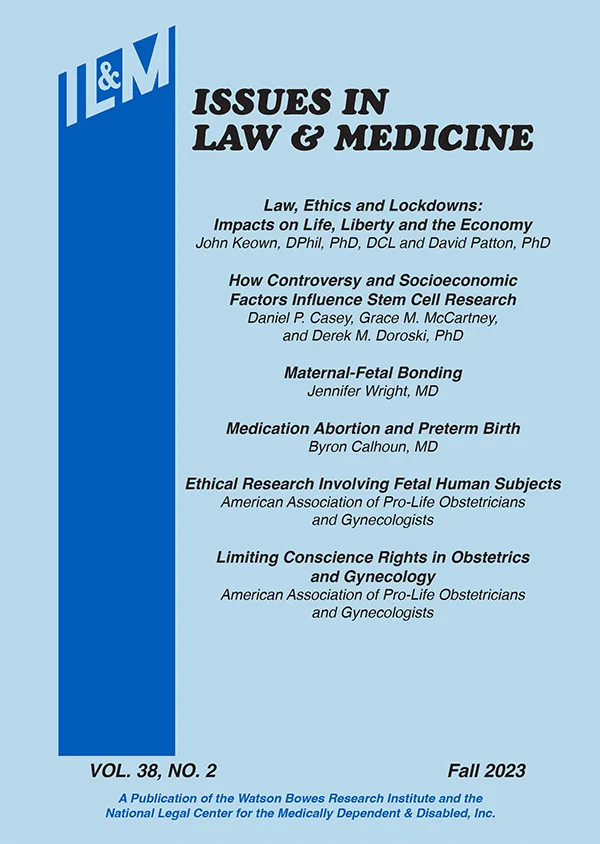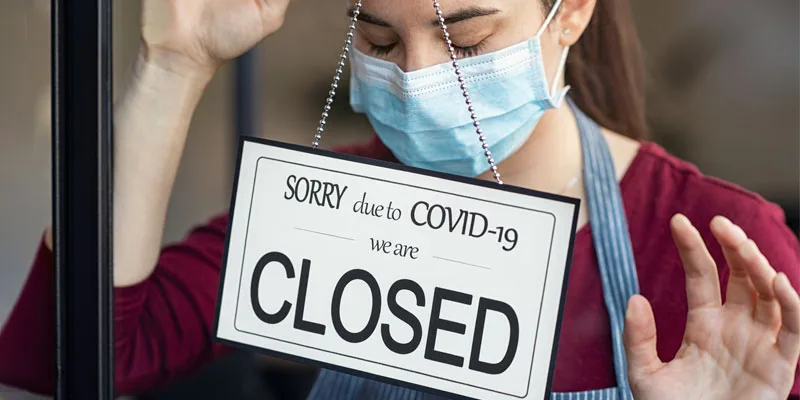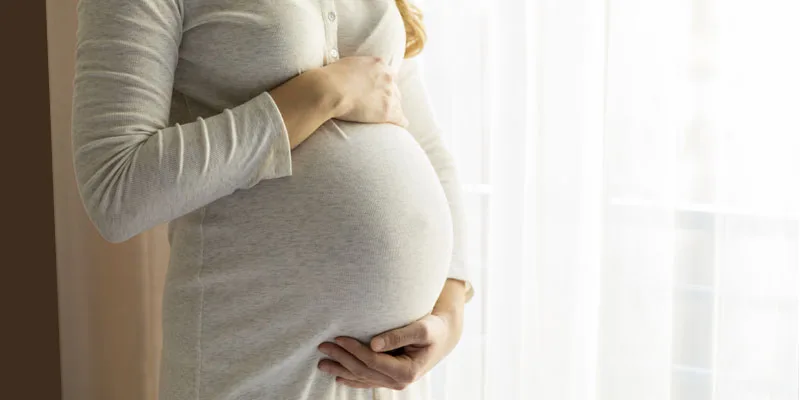The American College of Obstetricians and Gynecologists (ACOG) released a Committee Opinion in November 2007 titled “The Limits of Conscientious Refusal in Reproductive Medicine.” This document, claiming to speak on behalf of the entire profession of Obstetrics and Gynecology, proposed that conscience rights of healthcare professionals have limits with regard to certain aspects of patient care. Despite calls for revision from many within the profession, this document was reaffirmed in 2016, unchanged. This document provides a detailed analysis of the ethical flaws in ACOG Committee Opinion 385.






